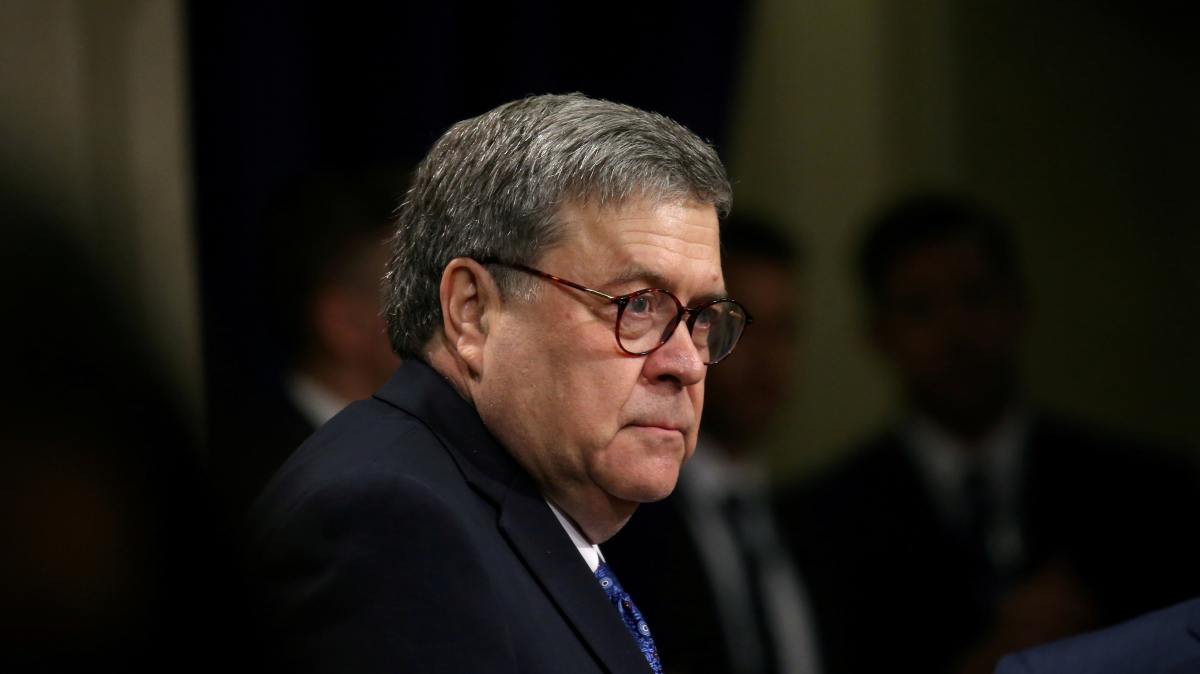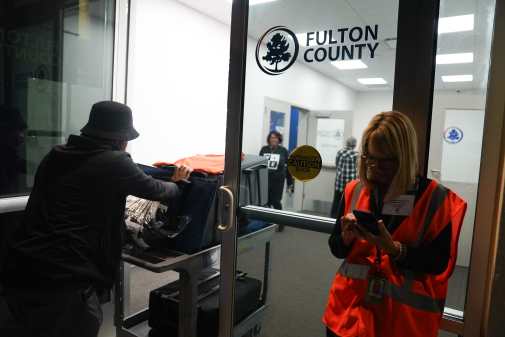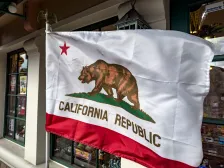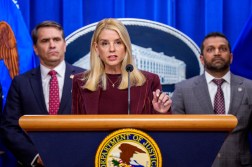Former DOJ officials slam Barr’s new policy on election investigations

Former Justice Department officials on Tuesday sharply criticized Attorney General William Barr for reportedly reversing a longstanding department policy and clearing federal prosecutors to investigate alleged voting irregularities before election results have been certified.
“The voters decide the winner in an election, not the president, and not the attorney general,” reads the statement from the Bipartisan Advisory Board of the Voter Protection Program, a nonpartisan election security initiative. The advisory board includes former Justice Department officials who served under Republican and Democratic administrations.
“Thanks to a bipartisan group of experienced officials and poll workers across this country, the states, once again, ran fair and secure elections,” the statement continued. “We have seen absolutely no evidence of anything that should get in the way of certification of the results, which is something the states handle, not the federal government.”
The criticism follows multiple media reports Monday that Barr gave Justice Department prosecutors the go-ahead to investigate alleged “vote tabulation irregularities.” The department has long required prosecutors to wait until states have certified election results before investigating any alleged voter fraud to avoid the appearance of political interference. Richard Pilger, head of the Justice Department’s Election Crimes Branch, resigned in protest following the policy change, the New York Times and Washington Post reported.
A Justice Department spokesperson declined to comment on the criticism from former officials.
A record number of voters cast their ballots this presidential election despite a deadly pandemic and changes to voting procedures. Multiple media outlets, including the conservative Fox News, called the election for former vice president Joe Biden on Saturday, but President Donald Trump has refused to concede and made baseless allegations of widespread fraud.
Instances of documented voter fraud in U.S. elections are exceedingly rare. Mail-in voting in particular has drawn Trump’s ire. But in a study spanning 15.5 million votes cast in Oregon from 2000 to 2019, a state which votes entirely by mail, the conservative Heritage Foundation found only 14 cases of attempted fraud by mail — or .00009 percent of votes.
Election security and administration experts have warned that Trump’s attacks could undermine confidence in the electoral process for a large segment of the population. Concerns about foreign interference heading into the election have taken a back seat to a swell of domestic mis- and disinformation, prompting the Department of Homeland Security’s Cybersecurity and Infrastructure Security Agency to bat down rumor after rumor, many of them propagated by Trump allies.
The unfounded attacks on the democratic process have opened up a rift among some Republicans. Two Republican senators from Georgia, Kelly Loeffler and David Perdue, on Monday called for the resignation of Georgia Secretary of State Brad Raffensperger, who is also Republican, claiming that the election was not transparent. Raffensperger called the senators’ charges “laughable,” citing regular count updates and press briefings.






